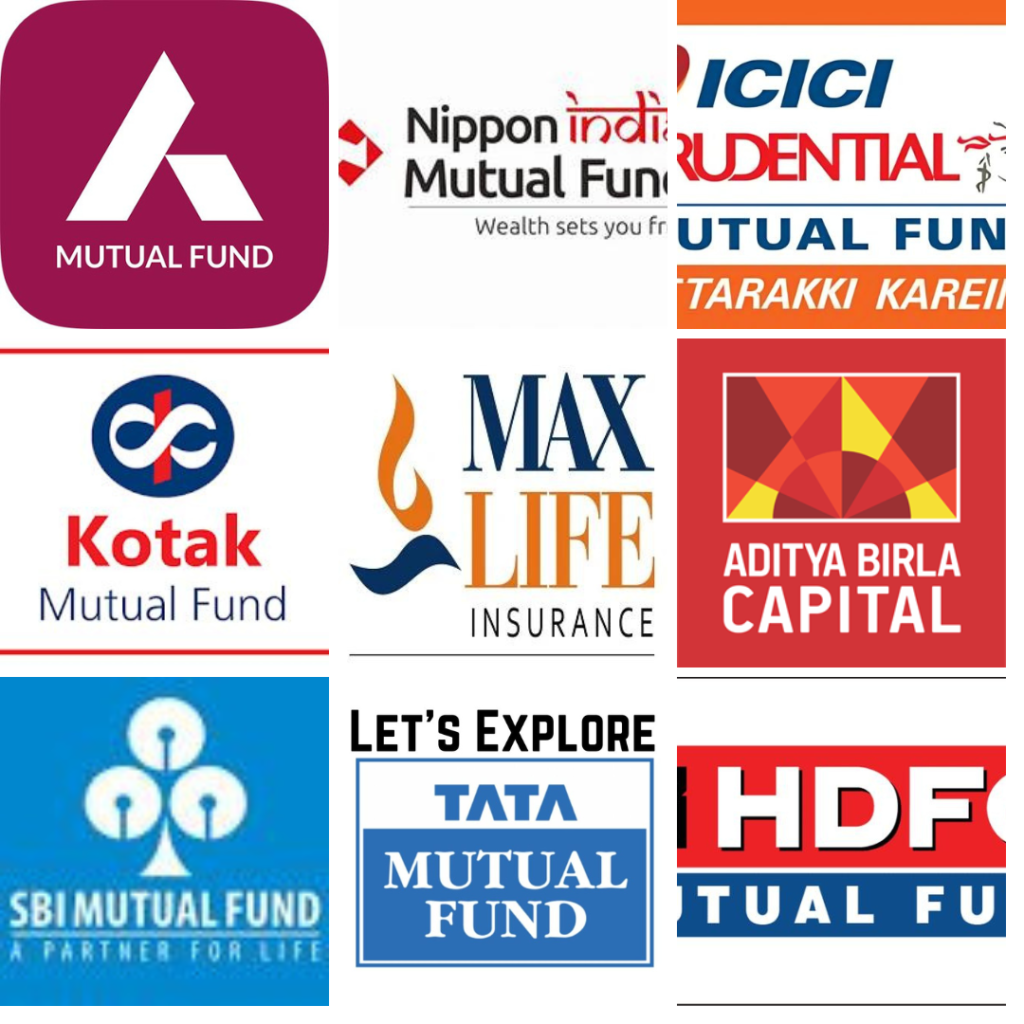
As a dedicated healthcare professional, you excel in managing critical situations every day. But are you managing your financial future with the same level of care? Choosing the right equity mutual fund can be daunting, especially when balancing risk and long-term goals. This guide will help you select the best equity mutual fund category based on your risk tolerance and financial timeline, while also providing tips on choosing the right Asset Management Company (AMC).
How and What of Equity Mutual Fund Investment
Investing in equity mutual funds can be a smart way to build wealth over time. However, the success of your investment largely depends on selecting the right fund that aligns with your risk profile and the timeline of your financial goals. Here’s how you can make an informed decision.
Choosing the Right Category of Equity Mutual Fund
- Understanding Your Risk Tolerance:
Your risk tolerance is your ability and willingness to endure market volatility. Understanding where you stand on the risk spectrum—conservative, moderate, or aggressive—is key to selecting the right type of equity mutual fund. - Aligning with Your Financial Goals:
Financial goals often come with specific timelines. Are you planning for your child’s college education in 10 years, or aiming to buy a house in 5 years? The timeline of your goal will influence the category of the equity fund you should consider.

Types of Equity Mutual Funds and How They Fit Your Needs
- Large Cap Funds:
These funds invest in well-established companies with a high market capitalization. They are considered less volatile and are suitable for conservative investors seeking stable returns.- Best For: Professionals with low to moderate risk tolerance and financial goals that have a timeline of 5-7 years, such as building an emergency fund or saving for a mid-term goal like buying a car or making a down payment on a house.
- Mid Cap Funds:
Mid-cap funds target medium-sized companies that have growth potential but carry higher risk than large-cap funds.- Best For: Investors with a moderate risk appetite and a financial goal timeline of 7-10 years, such as planning for a child’s higher education or creating a retirement corpus.
- Small Cap Funds:
These funds focus on smaller companies with high growth potential but also come with significant volatility.- Best For: Aggressive investors who are comfortable with high risk and have a long-term horizon of over 10 years, like building a substantial retirement fund or investing for wealth creation.
- Exchange-Traded Funds (ETFs):
ETFs can be an excellent choice for those looking for a low-cost, diversified investment option that offers transparency and flexibility. They are suitable for both short-term and long-term goals depending on the underlying index or sector they track.- Best For: Investors who have moderate to high-risk tolerance and prefer a diversified, low-cost approach. Suitable for medium to long-term goals, especially if you want to take advantage of specific market trends or sectors.

Choosing the Right Asset Management Company (AMC)
Selecting the right AMC is as important as choosing the right fund category. Here are some factors to consider:

- Risk Ratios:
Look at key risk ratios such as the Sharpe Ratio, Standard Deviation, and Beta. A higher Sharpe Ratio indicates better risk-adjusted returns, while a lower Beta suggests less volatility compared to the market.- Tip: Compare these ratios across different AMCs to find those offering a good balance of risk and return for your chosen fund category.
- Past Performance:
Although past performance is not a guarantee of future results, it is a useful indicator of how the fund has managed different market conditions over time. Check the track record of the AMC over at least 5 to 10 years.- Tip: Look for consistent performers across market cycles rather than funds that have only recently performed well.
- Fund Manager Expertise:
The experience and strategy of the fund manager can significantly impact your returns. Research the track record of the fund manager, their investment philosophy, and how they have performed across various market conditions.- Tip: Choose AMCs that employ managers with a strong track record of handling funds in your desired category, ensuring they have navigated both bullish and bearish markets successfully.
Making Your Investment Decision
- Align with Your Timeline: Choose a fund that matches your goal’s time horizon. Shorter timelines require more conservative investments like large-cap funds or ETFs, while longer timelines can accommodate riskier options like mid or small-cap funds.
- Assess the AMC’s Credentials: Evaluate the AMC’s reputation, fund manager expertise, risk management practices, and performance history to ensure it aligns with your investment strategy.

Ready to build a portfolio that aligns with your risk tolerance and financial goals? Contact Us for personalized advice on selecting the right equity mutual fund category and AMC to secure your financial future.
Investing is not just about choosing a fund; it’s about aligning your investments with your personal risk tolerance and financial objectives. With the right fund category and AMC, you can navigate your journey toward financial independence with confidence.
Get in Touch
Feel free to reach out to us through any of the following methods:
Schedule a Discovery Call
Want to discuss your financial goals in detail? Schedule a discovery call with us to explore how we can help you create a tailored financial plan.